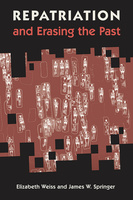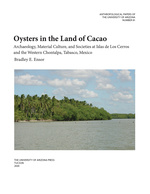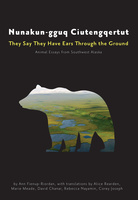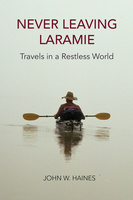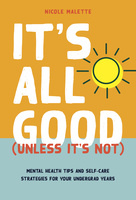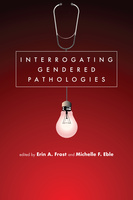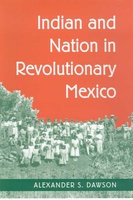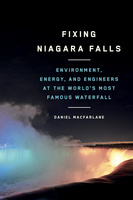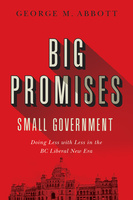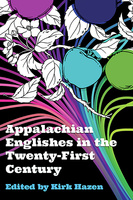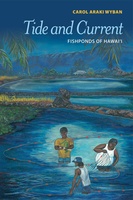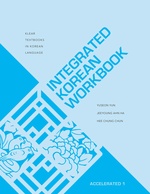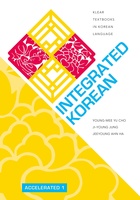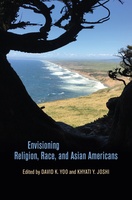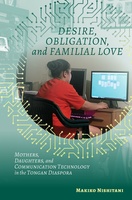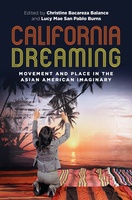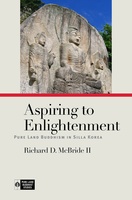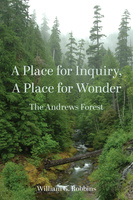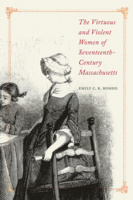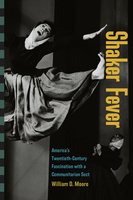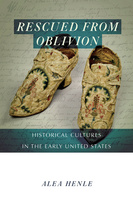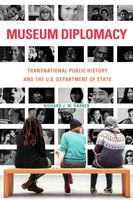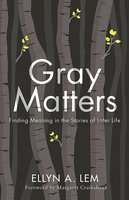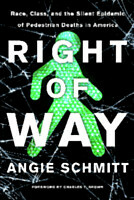Star Crossed
The Story of Astronaut Lisa Nowak
This book is a behind-the-scenes look at the bizarre crime of astronaut Lisa Nowak, who drove 900 miles to intercept and confront her romantic rival in an airport parking lot—allegedly using diapers on the trip so she wouldn’t have to stop. This is a riveting journey inside the high-pressure world of one of America’s most elite agencies and the life of one beleaguered astronaut.
Repatriation and Erasing the Past
Engaging a longstanding controversy important to archaeologists and indigenous communities, this volume takes a critical look at laws that mandate the return of human remains from museums and laboratories to ancestral burial grounds, offering scientific and legal perspectives on the ways repatriation laws impact research.
Oysters in the Land of Cacao
Archaeology, Material Culture, and Societies at Islas de Los Cerros and the Western Chontalpa, Tabasco, Mexico
Nunakun-gguq Ciutengqertut/They Say They Have Ears Through the Ground
Animal Essays from Southwest Alaska
Loving Sports When They Don't Love You Back
Dilemmas of the Modern Fan
It’s All Good (Unless It’s Not)
Mental Health Tips and Self-Care Strategies for Your Undergrad Years
It’s All Good (Unless It’s Not) explores frequent sources of undergraduate mental distress and the steps students can take to meet those challenges head-on.
Interrogating Gendered Pathologies
Interrogating Gendered Pathologies points out and critiques unjust patterns of pathology.
Ho! For Wonderland
Travelers' Accounts of Yellowstone, 1872-1914
These stories by early Yellowstone Park visitors helped propel the popularity of this American wonderland.
Fixing Niagara Falls
Environment, Energy, and Engineers at the World’s Most Famous Waterfall
Long considered a natural wonder, the world’s most famous waterfall is anything but. Fixing Niagara Falls reveals the engineering and politics behind the transformation of Niagara Falls.
Caroline's Dilemma
A Colonial Inheritance Saga
This extraordinary book skillfully blends diverse historical evidence to tell the harrowing story of Caroline Kearney and her struggles against the paternalistic inheritance laws of the nineteenth century colonial world.
Big Promises, Small Government
Doing Less with Less in the BC Liberal New Era
Big Promises, Small Government tells the inside story of what happened when Gordon Campbell’s government dramatically cut taxes, demonstrating the need to understand the consequences before taking political action.
Appalachian Englishes in the Twenty-First Century
Tyranny Lessons
International Prose, Poetry, Essays, and Performance
The New Santri
Challenges to Traditional Religious Authority in Indonesia
Steering a Middle Course
From Activist to Secretary General of Golkar
Remembering Our Grandfathers’ Exile
US Imprisonment of Hawai‘i’s Japanese in World War II
Mass Mobilization in the Democratic Republic of Vietnam, 1945–1960
In the Buddha’s Light
The Temples of Luang Prabang
Desire, Obligation, and Familial Love
Mothers, Daughters, and Communication Technology in the Tongan Diaspora
Democracy in Indonesia
From Stagnation to Regression?
California Dreaming
Movement and Place in the Asian American Imaginary
Buddhist Healing in Medieval China and Japan
Buddhism and Business
Merit, Material Wealth, and Morality in the Global Market Economy
Aspiring to Enlightenment
Pure Land Buddhism in Silla Korea
A Place for Inquiry, A Place for Wonder
The Andrews Forest
The H.J. Andrews Experimental Forest is a slice of classic Oregon: due east of Eugene in the Cascade Mountains, it comprises 15,800 acres of the Lookout Creek watershed. The landscape is steep, with hills and deep valleys and cold, fast-running streams. The densely forested landscape includes cedar, hemlock, and moss-draped Douglas fir trees. One of eighty-one USDA experimental forests, the Andrews is administered cooperatively by the US Forest Service, OSU, and the Willamette National Forest. While many Oregonians may think of the Andrews simply as a good place to hike, research on the forest has been internationally acclaimed, has influenced Forest management, and contributed to our understanding of healthy forests.
In A Place for Inquiry, A Place for Wonder, historian William Robbins turns his attention to the long-overlooked Andrews Forest and argues for its importance to environmental science and policy. From its founding in 1948, the experimental forest has been the site of wide-ranging research. Beginning with postwar studies on the conversion of old-growth timber to fast-growing young stands, research at the Andrews shifted in the next few decades to long-term ecosystem investigations that focus on climate, streamflow, water quality, vegetation succession, biogeochemical cycling, and effects of forest management. The Andrews has thus been at the center of a dramatic shift in federal timber practices from industrial, intensive forest management policies to strategies emphasizing biodiversity and healthy ecosystems.
The Virtuous and Violent Women of Seventeenth-Century Massachusetts
Shaker Fever
America's Twentieth-Century Fascination with a Communitarian Sect
Rescued from Oblivion
Historical Cultures in the Early United States
Museum Diplomacy
Transnational Public History and the U.S. Department of State
Gray Matters
Finding Meaning in the Stories of Later Life
Gray Matters: Finding Meaning in the Stories of Later Life examines films, literature, and art that focus on aging, often made by people who are over sixty-five. These texts are analyzed alongside recent gerontology research and extensive commentary from interviews and surveys of seniors to show how "stories" illuminate the dynamics of growing old by blending fact with imagination, giving a fuller picture of the aging process.
Right of Way
Race, Class, and the Silent Epidemic of Pedestrian Deaths in America
Schmitt examines the increase in pedestrian deaths in the US as well as programs and movements that are beginning to respond to the epidemic. Right of Way is a call to reframe the problem, acknowledge the role of racism and classism in the public response to these deaths, and energize advocacy around road safety.
Right of Way unveils a crisis that is rooted in both inequality and the undeterred reign of the automobile in our cities. It challenges us to imagine and demand safer and more equitable cities, where no one is expendable.


